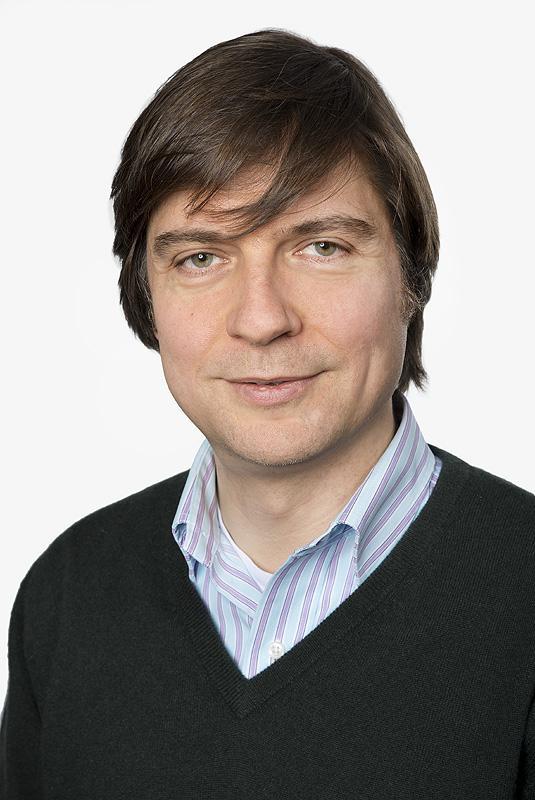Note: The talk has been cancelled.
Abstract:
Singular stochastic PDE are those stochastic PDE in which the noise is so rough that the nonlinearity requires a renormalization. The guiding principle of renormalization is to preserve as many symmetries of the solution manifold as possible. We follow the approach of mathematical physics, and of Hairer's regularity structures, which however we re-interpret as providing an informal (term-by-term) parameterization of the infinite-dimensional nonlinear solution manifold.
We systematically follow this more geometric/analytic than combinatorial point-of-view: Instead of appealing to an expansion indexed by trees, we consider all partial derivatives w.r.t.the "constitutive" function defining the nonlinearity. Instead of a Gaussian calculus guided by Feynman diagrams arising from pairing nodes of two trees, we consider derivatives w. r. t. the noise, i. e. Malliavin derivatives. We interpret the Malliavin derivative of the parameterization as an approximate tangent vector to the solution manifold, which yields a sparse representation in terms of the parameterization itself, and paves the way for its stochastic estimate. Ultimately, this gives a characterization of the solution manifold that is oblivious to the divergent counter terms.
This is work with L. Broux, P. Linares, M. Tempelmayr, and P. Tsatsoulis, based on work with J. Sauer, S. Smith, and H. Weber.
Bio:
Felix Otto is director at the Max Planck Institute for Mathematics in the Sciences in Leipzig (Germany) since 2010. Before, he has been a professor at the University of California at Santa Barbara and at the Department of Applied Mathematics at the University of Bonn where he was the Managing director of the ‘Hausdorff Center for Mathematics’ from 2006–2009.
His main expertise is in the applied analysis of partial differential equations and in the calculus of variations, lately also with randomness. He has worked on gradient flow structures of dissipative evolution equations, on pattern formation in ferromagnets, and on stochastic homogenization.







